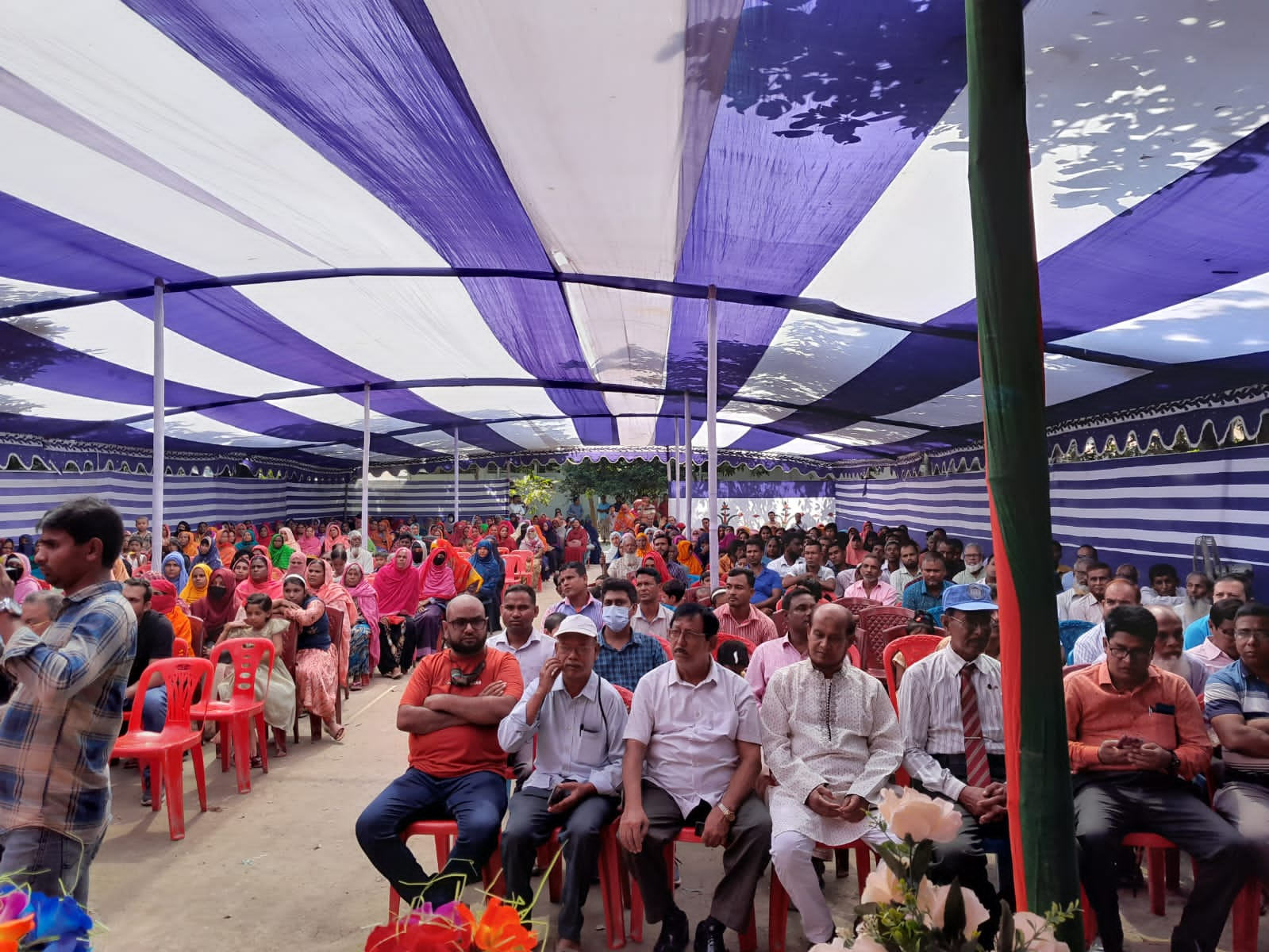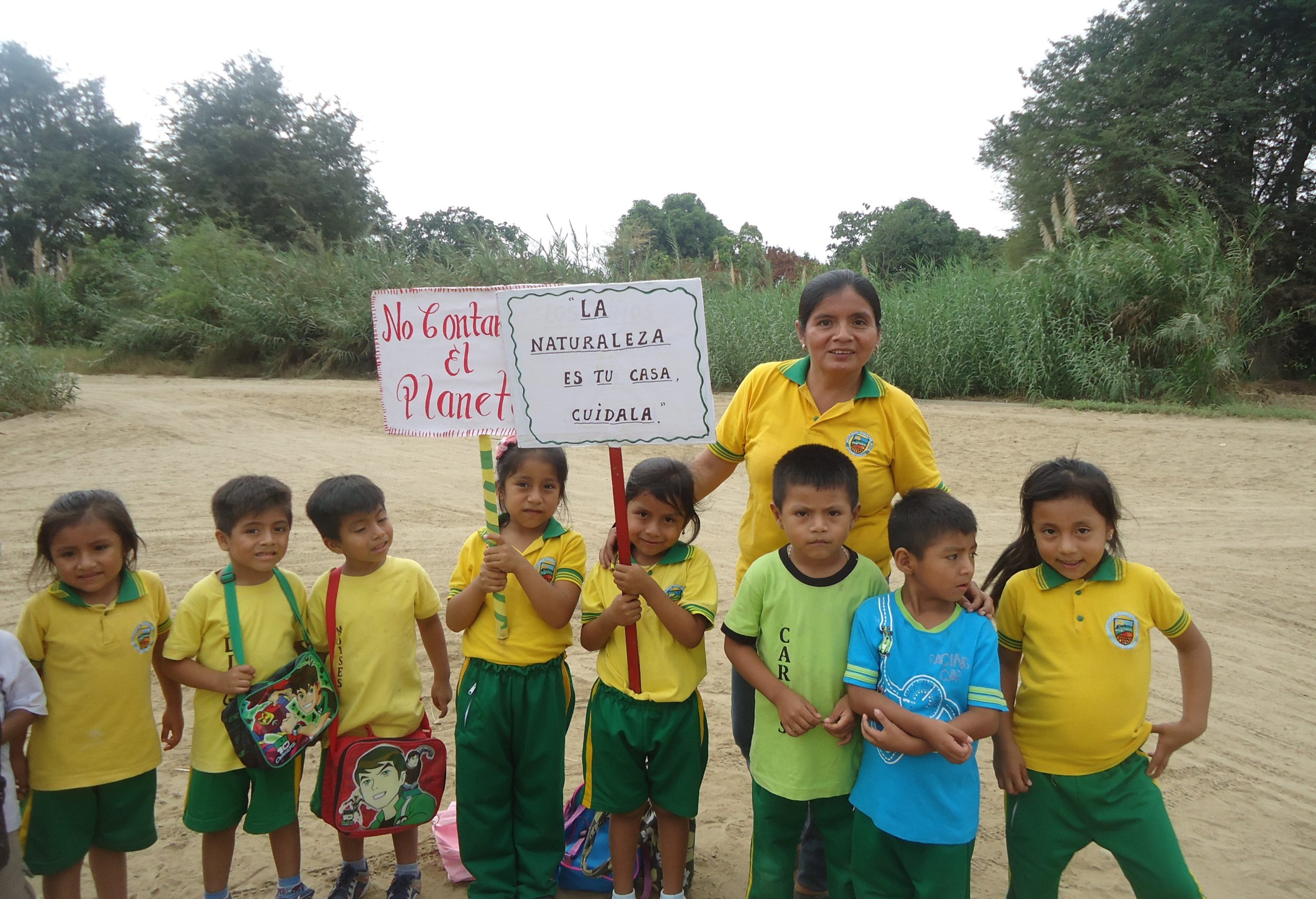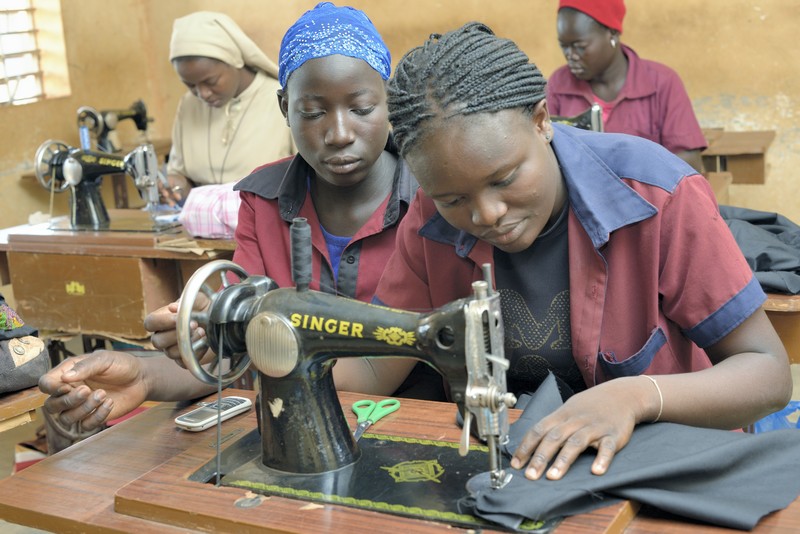[Reports from the field] What alternatives exist to ensure access for all to education that promotes cultural and political awareness?
![[Reports from the field] What alternatives exist to ensure access for all to education that promotes cultural and political awareness?](https://www.emmaus-international.org/wp-content/uploads/2023/09/20161220_2052.jpg)
This September, millions of children around the world have gone back to school. However, it is clear that even in 2023, not everyone has the same access to knowledge and skills.
In 2022, UNESCO raised the alarm warning that 244 million children and young people aged between 6 and 18 were still out of school. Although the situation has improved over the last two decades – in 2000 the figure stood at 400 million – the organisation regrets that progress has slowed considerably in recent years. “No one can accept this situation. Education is a right and we must do everything to ensure that this right is respected for every child,” stated Audrey Azoulay, Director-General of UNESCO, last September.
This struggle is at the heart of Emmaus International’s work. A lack of education is one of the key factors of exclusion. And ensuring access to education means giving the most vulnerable people a chance to escape poverty. However, education is not simply about acquiring knowledge. It must also empower people to take part in social, cultural and political life, as outlined in the second demand of our Global Report, published almost two years ago: “Guaranteeing an education that helps each person to flourish, in all areas, including in cultural and political terms.”
How can this be done? There are plenty of examples to be found in Emmaus groups around the world. In Africa, there are many needs, particularly in remote areas. To combat these inequalities, Emmaus groups are taking action by covering the cost of school fees and supplies for pupils, particularly in Togo. In Burkina Faso, a ‘school of second chances’ was created by the Zod-Neeré organisation to support children excluded from school, because the mainstream school system was unsuitable for them, or simply due to a lack of resources.
In Burundi, ALDP, an organisation that combats delinquency and poverty, assists the most vulnerable or marginalised children, such as young refugees fleeing the conflict in the east of the Democratic Republic of Congo.
In Brazil, the Emmaus Recife group offers education that raises awareness at a school that runs political education classes. In addition to technical skills (such as electrical engineering, IT, etc.), this free course enables students to develop critical thinking about society, and political systems in particular. The idea is to encourage young graduates to become more involved in community life.
In India, the Emmaus VCDS organisation runs schools for Dalit children (untouchables) to compensate for local authority shortcomings. These classes help children to regain their self-confidence and give them a chance to integrate into society. This is a virtually impossible task in rural areas where for generations Dalits have been condemned to social, economic, political and cultural exclusion.
These are inspiring initiatives that should be replicated around the world. However, on their own they will not achieve real equal opportunities without the political will of our leaders.


